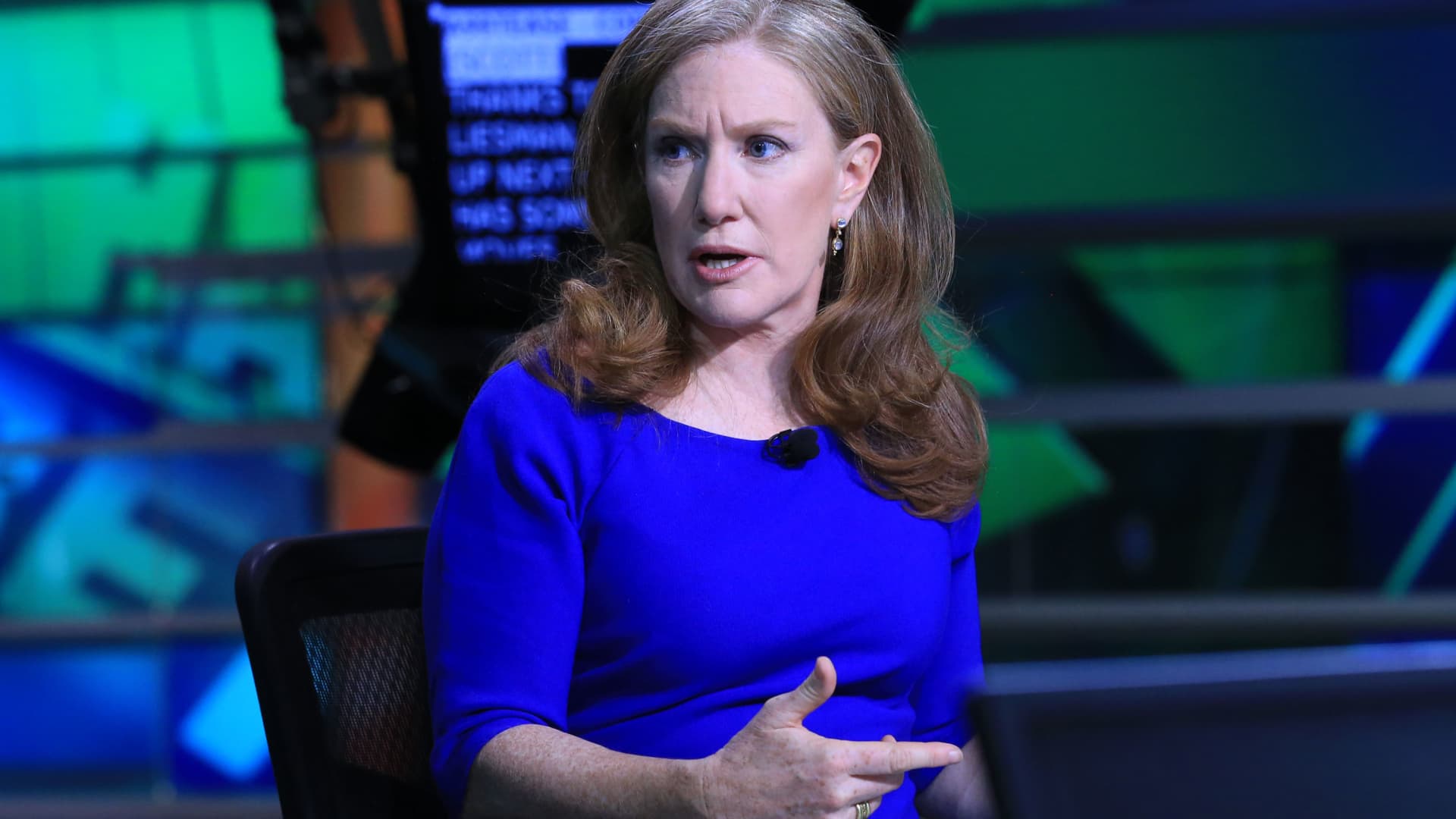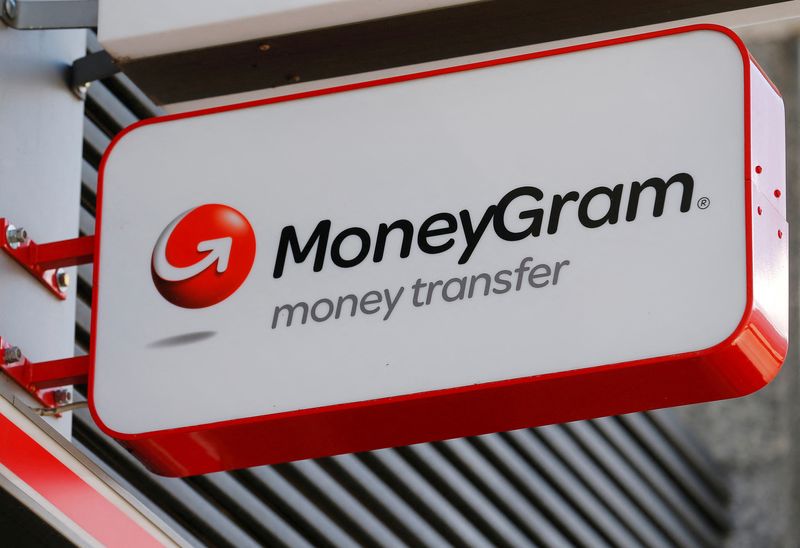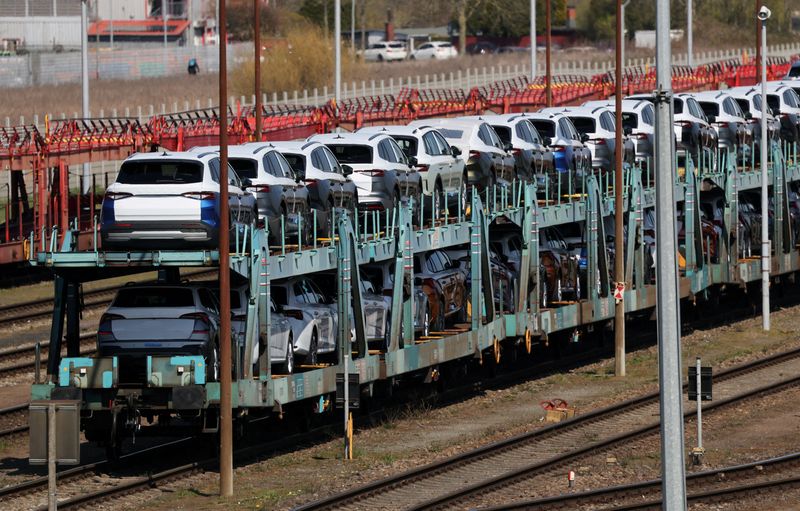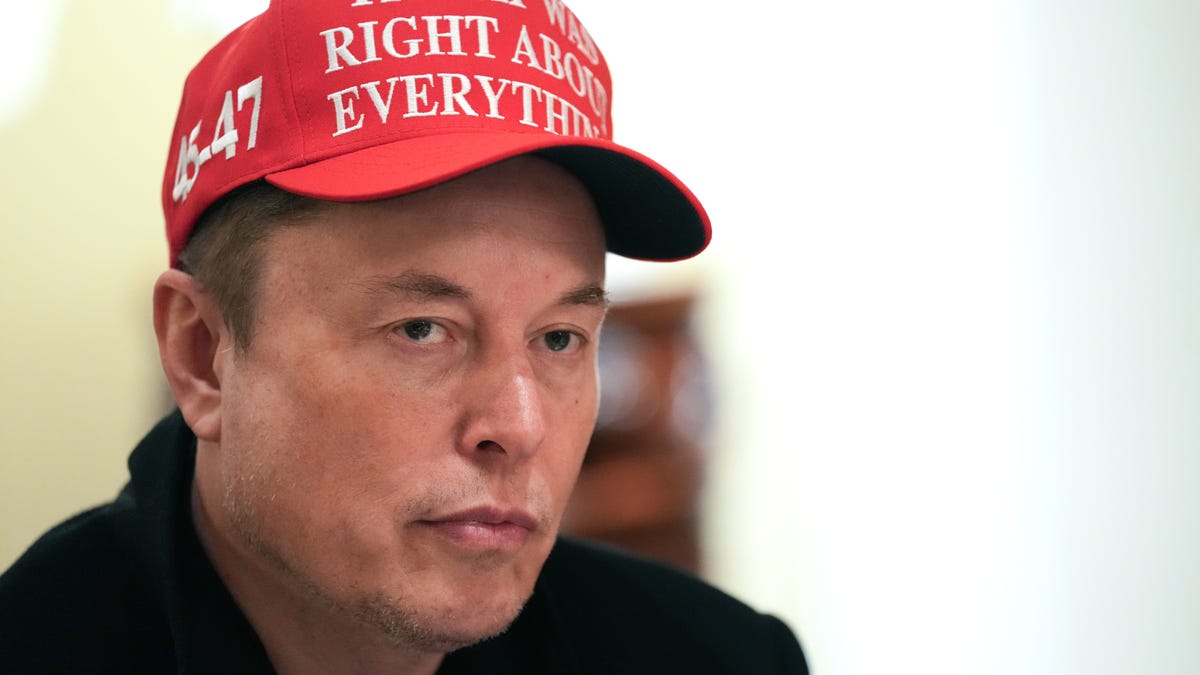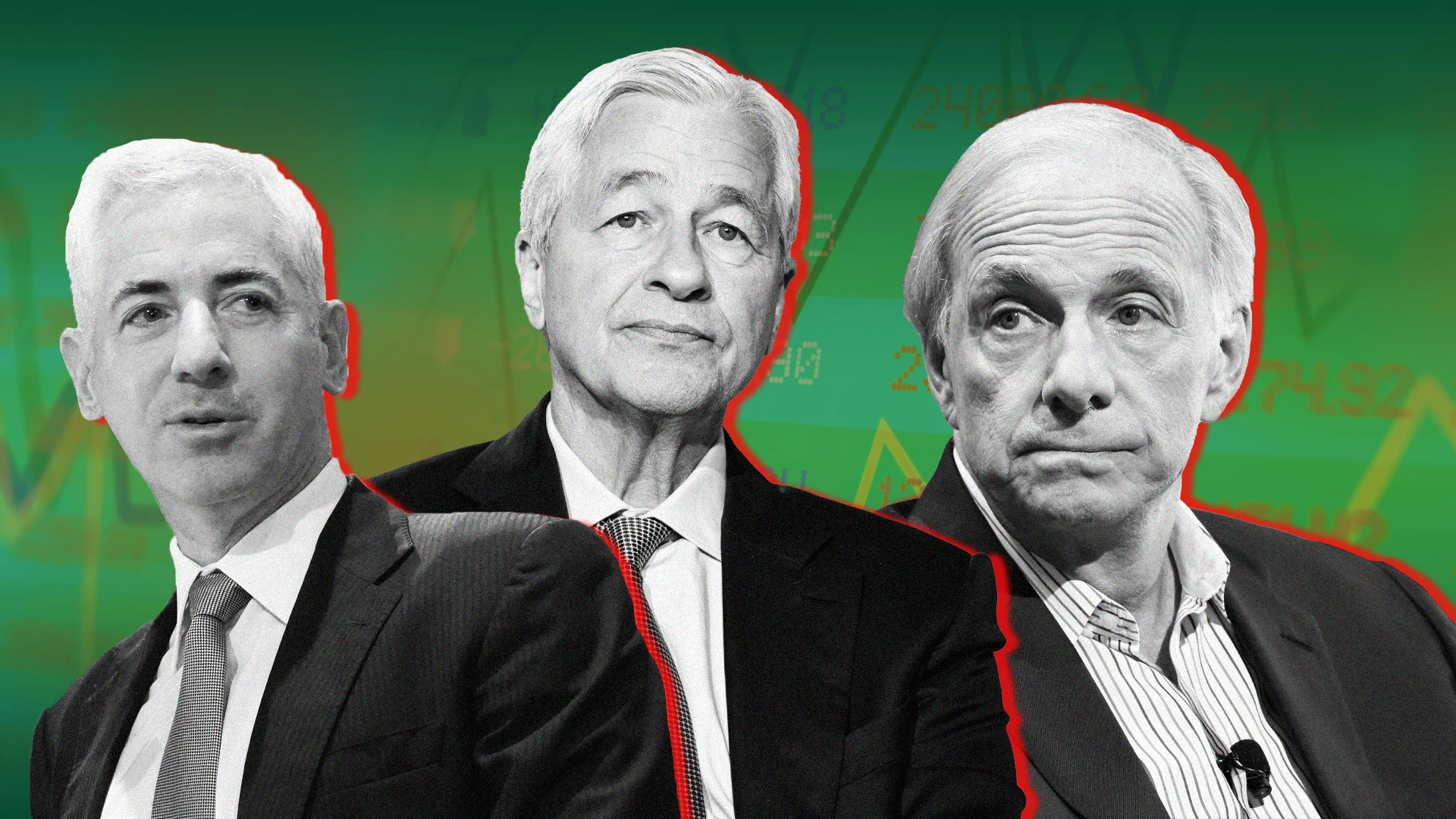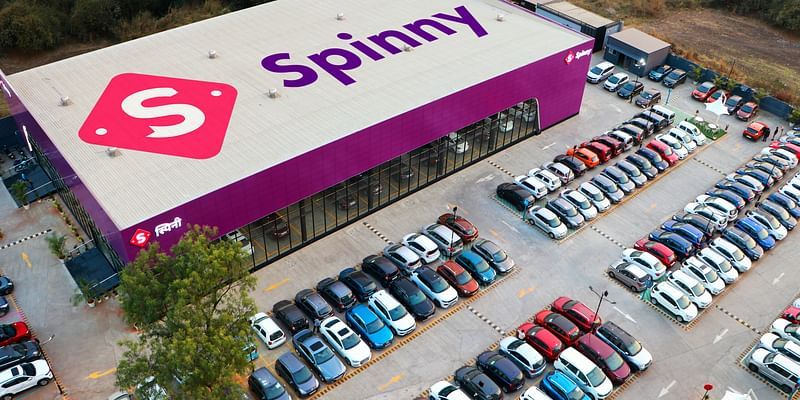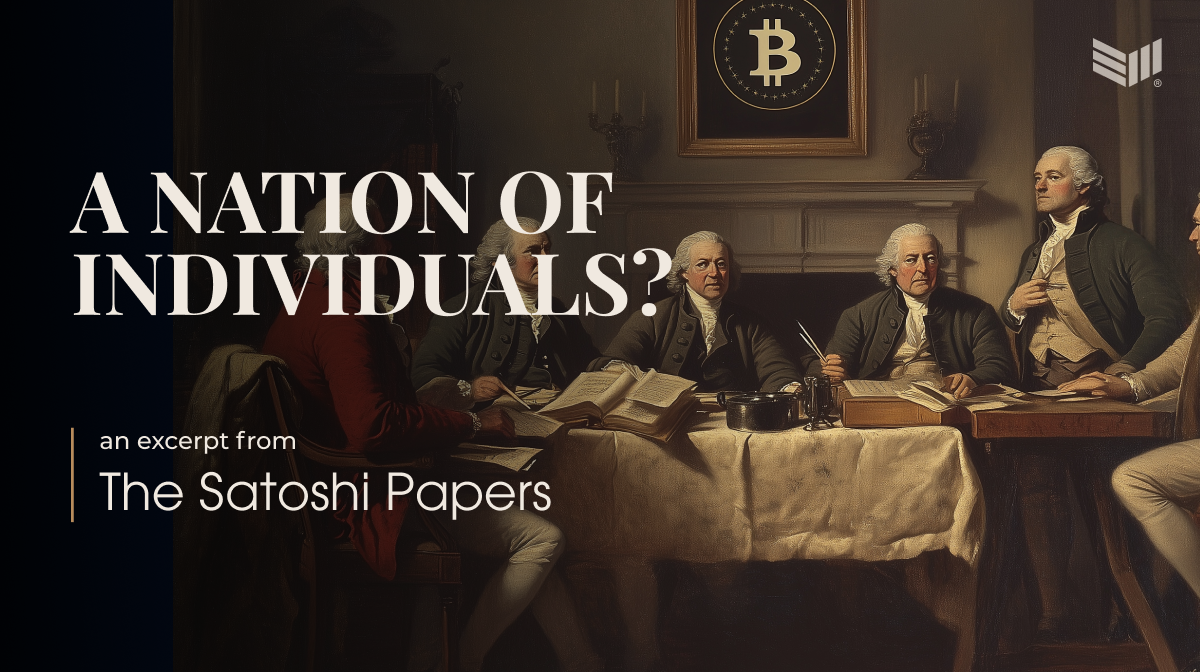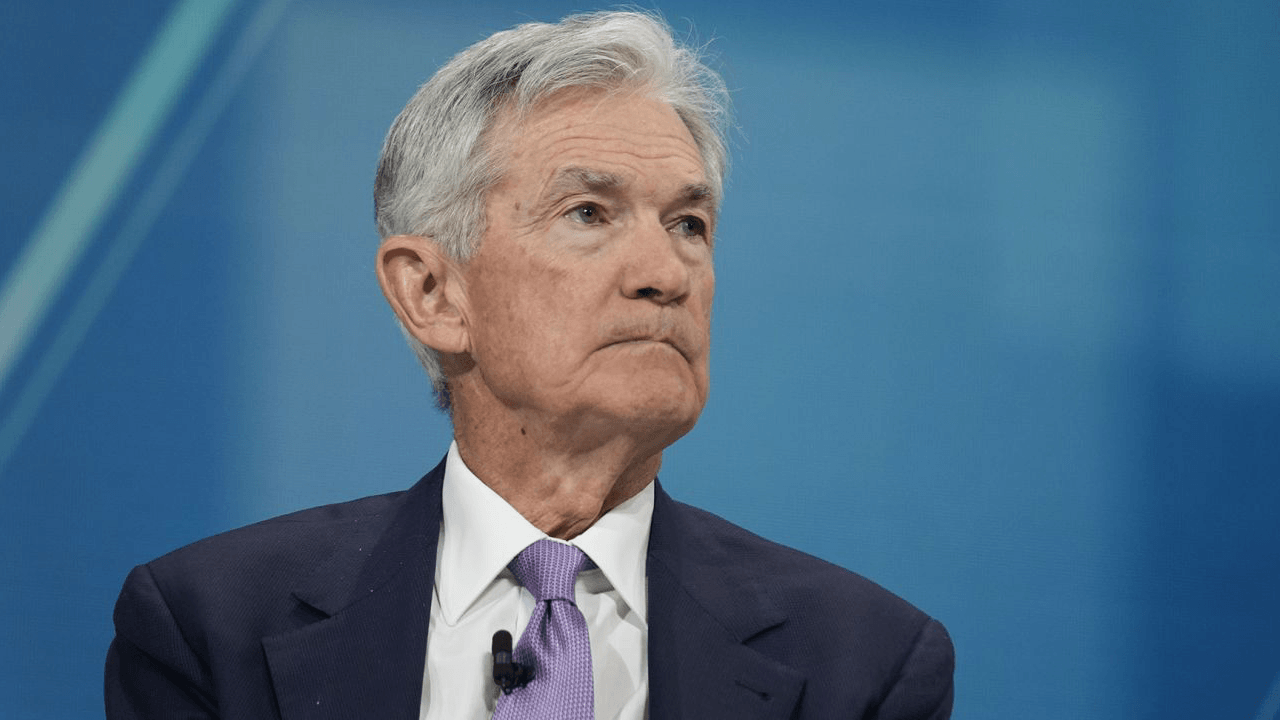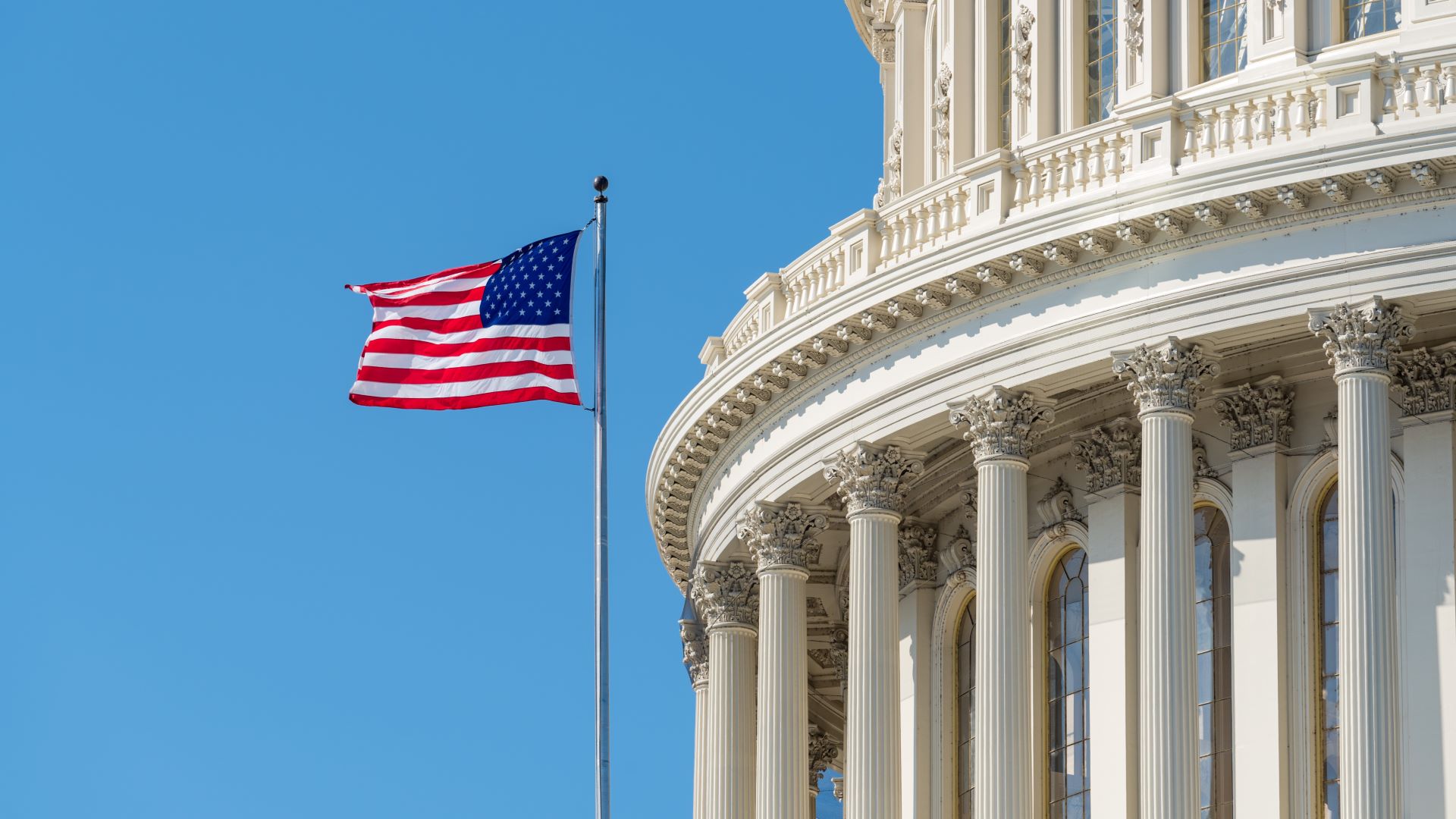3 Top Dividend Stocks You Won't Regret Buying in April
Turbulence has returned to the stock market this year. Concerns about how much tariffs will impact the global economy have caused wild gyrations in the stock market. If they cause a global recession, stocks could fall further.While a recession would have a major impact on many companies, some produce much more durable income, putting them in a better position to weather economic storms. Black Hills (NYSE: BKH), Enbridge (NYSE: ENB), and Enterprise Products Partners (NYSE: EPD) stand out to a few Fool.com contributors for their resilient businesses, which they've proven by their ability to grow their dividends over the long term. Because of that, you likely won't regret buying shares of these top dividend stocks this month.Reuben Gregg Brewer (Black Hills): The modern world doesn't function without power, which is why utilities are attractive as investments. Further, the cost of building a utility system is massive, so the government has offered utilities monopolies in exchange for having rates and capital investment plans approved by regulators.Continue reading

Turbulence has returned to the stock market this year. Concerns about how much tariffs will impact the global economy have caused wild gyrations in the stock market. If they cause a global recession, stocks could fall further.
While a recession would have a major impact on many companies, some produce much more durable income, putting them in a better position to weather economic storms. Black Hills (NYSE: BKH), Enbridge (NYSE: ENB), and Enterprise Products Partners (NYSE: EPD) stand out to a few Fool.com contributors for their resilient businesses, which they've proven by their ability to grow their dividends over the long term. Because of that, you likely won't regret buying shares of these top dividend stocks this month.
Reuben Gregg Brewer (Black Hills): The modern world doesn't function without power, which is why utilities are attractive as investments. Further, the cost of building a utility system is massive, so the government has offered utilities monopolies in exchange for having rates and capital investment plans approved by regulators.














![How to Find Low-Competition Keywords with Semrush [Super Easy]](https://static.semrush.com/blog/uploads/media/73/62/7362f16fb9e460b6d58ccc09b4a048b6/how-to-find-low-competition-keywords-sm.png)













